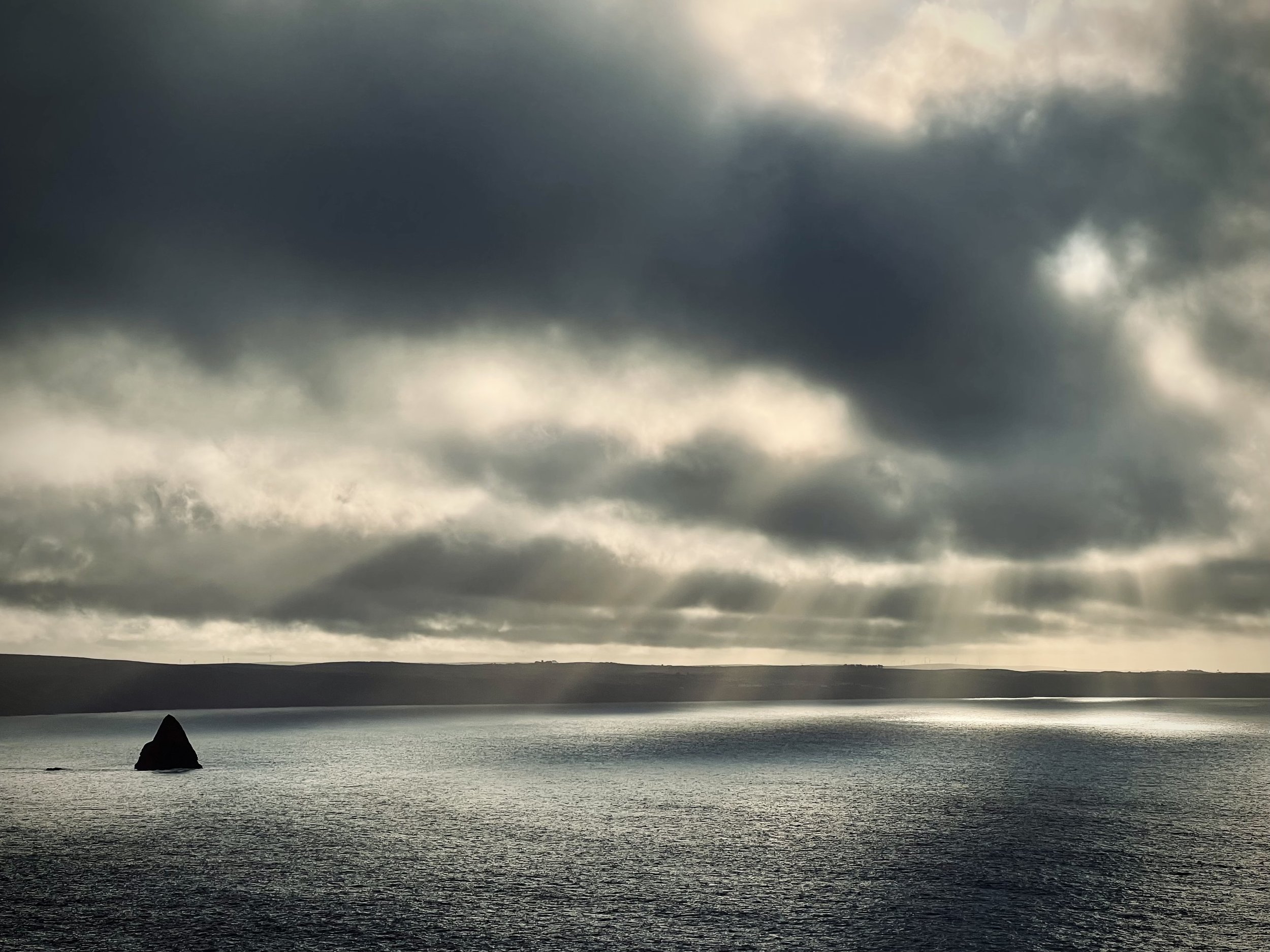
From film scores and musicals to pop, Young-dong Kim’s music transcends genres. To this day, he remains the first and only Korean composer to receive awards at international film festivals and the first composer in Korean history to make traditional music accessible to the wider public.
Embark on a journey through the world of Young-dong Kim’s compositions:
A Composer, Conductor,
Pioneer of contemporary traditional Korean music
Biography
Born in South Korea, Young-dong Kim graduated from Seoul National University where he specialized on Korean wind instruments. With his debut in 1978, he coined the term “Gukak Pop, 국악가요” followed by Gukak Symphony. His 1987 album “Zen, 선” introduced meditation music as a new genre and enabled Korean traditional music to be enjoyed beyond the traditional settings. His work often incorporates instruments from different parts of the world as demonstrated by “The Sound of the Wind, 바람의 소리,” which fused Korean instruments and the Chinese flute “Xun 훈” with electric guitar.
In addition to his own albums, Kim has produced original scores for award-winning directors Ha Myung-joong and Im Kwon-taek and Modern Dance choreographers such as Ok-jo Chung. His work accompanied the artist Kwak Hoon’s installation at Venice Biennale in 1995 which marked the opening of the Korean Pavilion. In 2014, he composed the “Song of Asiad” for the Asian Games held in Incheon. This song was performed by the Grammy Award-winning soprano Sumi Jo.
For more on Kim’s work, see Keith Howard’s contribution in New Grove Dictionary of Music and Musicians (London: Macmillan, 2001).
Awards (Film Scores)
Asia-Pacific Film Festival, 1994
The Grand Bell Awards (대종상), 1984, 1991
Ghent Film Festival, 1985
Korean Association of Film Critics Awards (한국영화평론상), 1983
Awards (Others)
KBS Korean Traditional Music Award (KBS 국악대상 작곡상), 1983
Korean Composer Award (대한민국 작곡상), 1981
Korean Choreography Music Award (대한민국 무용제 음악상), 1980
Hankook Ilbo Theater and Film Award (한국일보 연극영화상 음악상), 1975
Select Discography
Instrumental
The Sound of Life (생명의 소리), 2005
Amazon (아마존), 2003
Reconciliation (화해), 2000
The Sound of the Wind (바람의 소리), 1996
Meditation Music (명상음악, 선 II), 1993
Zen (선), 1993
Journey of Sound (김영동의 소리여행), 1993
Symphonies
Maegood (매굿), 1989
The Myth of Korea (단군신화), 1989
Film
People Crossing the River (강을 건너는 사람들), 2007. Directed by Kim Duk-chul
Painted Fire (취화선), 2002. Directed by Im Kwon-taek
Hwimori (휘모리), 1994. Directed by Lee Il-mok
Portraits of the Days of Youth (젊은 날의 초상), 1990. Direted by Kwak Ji-gyun
Adada (아다다), 1987. Directed by Im Kwon-taek
Life Line (태), 1986. Directed by Ha Myung-joong
The Blazing Sun (땡볕), 1984. Directed by Ha Myung-joong
People in the Slum (꼬방동네 사람들), 1982. Directed by Bae Chang-ho
Children of Darkness (어둠의 자식들), 1981. Directed by Lee Chang-ho
Chakko (짝코), 1980. Directed by Im Kwon-taek
The Ascension of Han-ne (한네의 승천), 1977. Directed by Ha Gil-jong
Pop
The One in Walking (가다가), 2009
I wish to live in such a world (이런 나라에서 살고 싶어요), 1998
Seul-gi-Doong (슬기둥) 1993
Where to (어디로 갈꺼나) , 1993
Musical
Han-ne’s Ascension (한네의 승천), 2006
The Land, written by the novelist Park Kyongni (토지, 박경리 저자) , 1995
For a full filmography, please see the Korean Movie Database:
https://www.kmdb.or.kr/db/per/00001253
Samples
.Official channel is coming soon.
Sumi Jo performs "Asiad Song, Aria" at the Opening of the Asian Game held in Incheon, 2014
"Han-ne's Farewell, 한네의 이별" in the Musical "The Ascension of Hanne, 한네의 승천".
"A stroll, 산행" often features in nature documentary.
Philosophy
Korean music philosophy is intertwined with Eastern philosophy. Both see human conscience to parallel nature. Building on this, Young-dong holds that what is traditionally Korean is universal. He seeks to translate the affective qualities inhered in Korean traditional music comprehensible to modern and universal sensibilities.
“What is traditionally Korean is universal”




